
THE BERTHA CHALLENGE
Fellowships for Activists and Investigative Journalists

Applications Now Closed
Bertha Foundation is excited to announce the launch of the fifth Bertha Challenge: an opportunity for activists and investigative journalists to spend a year working on one pressing social justice challenge and to deliver a body of work at the end of the Fellowship year. Successful applicants will receive non-residential paid Fellowships and project budgets to work independently and together to:
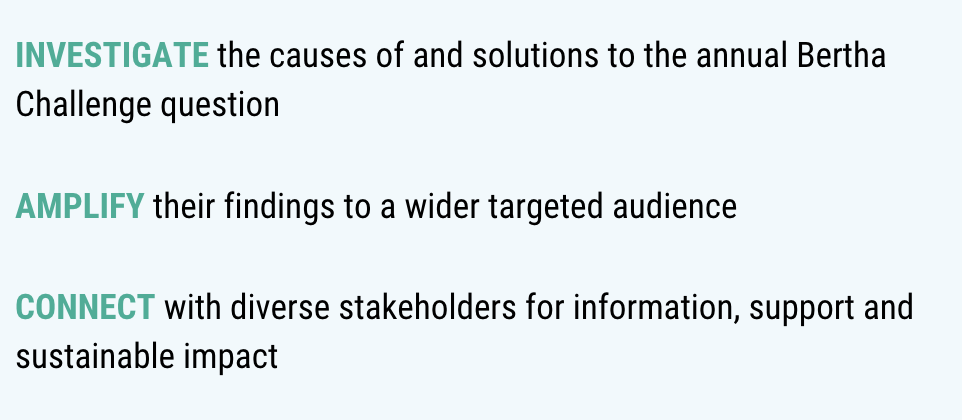
The fifth Bertha Challenge will begin in January 2024 with a focus on disinformation and the climate crisis, specifically supporting Bertha Fellows to answer the following question:
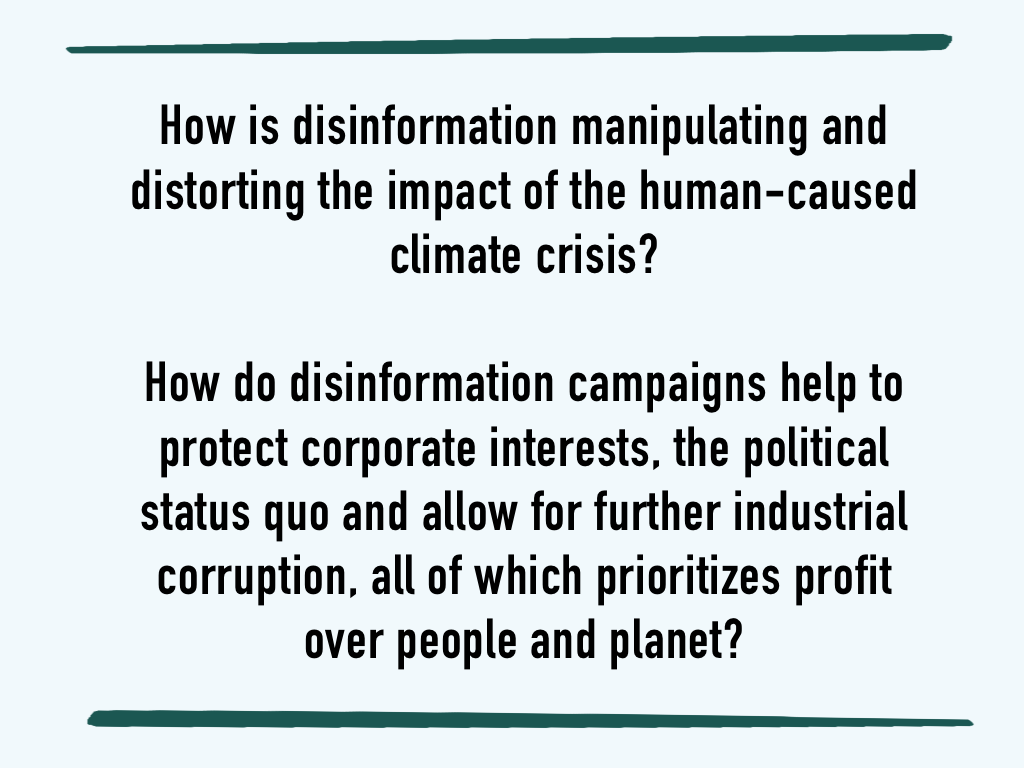
Applications open on 30 May 2023 and close on 4 July 2023. Anyone meeting the selection criteria may apply.
To read more about our current cohort of Bertha Fellows visit the main Bertha Challenge page on our website.
.
Why we’re focusing on disinformation and the climate crisis
.

The 2024 Bertha Challenge invites investigative journalists and activists working towards effectively exposing and counteracting the combined effect of disinformation and corruption on the climate crisis to apply for this unique Fellowship.
This Fellowship seeks to expose and explore who is responsible for the spread of unquantifiable amounts of climate disinformation and to expose how that disinformation is used in the interests of corporations and politicians with an agenda tied to corporate profit.
The effects and scale of disinformation are ubiquitous. Alongside the crumbling of solid local journalism outlets with fact-based reporting and the rise of propagandized and corporatized media channels, it has led to a deep crisis of confidence in all of our news sources. The distrust is so baked into politics and news, the World Values Survey1 recently found that only 26% of Americans and 13% of Britons trust the press.
Misinformation itself is profitable. The industry is worth billions2 of dollars and creates multiple streams of revenue generation from advertising dollars to misinformed “wellness campaigns”. Fossil fuel companies spend millions of dollars on thousands of advertisements to greenwash their reputation and actions. Meta’s Ad Library identified 3,781 ads from fossil fuel-linked entities, who spent some USD $3-43 million between 1 September and 23 November 2022 on Facebook and Instagram.
For the first time this year, disinformation and its impact on the way countries and people respond to the climate crisis, was pertinently mentioned by the Intergovernmental Panel on Climate Change in its February 2023-report. (WG III4 )
The IPCC is a United Nations body established to assess the science related to climate change.
Part of today’s corporate and political roadmap to safeguarding against the worst environmental ravages by corporations and mainly Western governments, is to simply repeat misinformation enough times for it to gain traction – it doesn’t matter how outrageous; how wrong. A myriad of online websites5 and newspapers and television stations have all but normalized and galvanized propaganda and disinformation in pursuit of protecting profit and a growing right wing political elite.
The Bertha Challenge 2024 is a call to those journalists and activists working against misinformation and its effects on the climate crisis; to those dedicated professionals holding the line on science and rigorous analysis.
The science is solid: Human activity is the main driver of the climate crisis. The earth's warming is primarily caused by the burning of fossil fuels - oil, coal and gas - causing the massive atmospheric release of carbon dioxide and methane. The last decade (2011-2020) was the warmest on record6.
The impact of a warmer earth is not lurking in the future. We are living it. The Pakistani floods; the Australian and US-wild fires; the Horn of Africa drought; the unimaginable scale of hunger in the Indian subcontinent are but some indicators. Yet, propaganda, disinformation, fake news, misinformation, deep fakes, hacks, bots, trolls, dark ads, soft facts, campaigners, info-wars and pop-up populists all obscure the real impact and important conversations we should be having about how environmental racism coupled with climate catastrophes are having a disproportionate impact on most brown and black people around the world. Meanwhile the pervasiveness of false information dilutes the urgency of the climate crisis, weaponizes disinformation and makes way for a rise of political conservatism and populism that further erodes democracy throughout the world.
It is clear that, without regulation for this new technology, Artificial Intelligence (AI) will exponentially ramp up the spread and impact of disinformation around the world.
Large parts of the news media and so-called democratic governments are entwined in a vicious circle8 of mutual manipulation, mythmaking, and self-interest with “journalists” acting as spin doctors; media advisors; columnists; opinion writers causing a massive vacuum where nuanced and informed voices of dissent should thrive.
The “godfather of AI”, scientist Geoffrey Hinton, quit his job at Google in May 2023 warning that the technology he created is now a risk to civilization. One of his biggest concerns is the industrial production of disinformation and fake news, he recently told The Guardian.7 “... it will create so much fake news that people will not have any grip on what the truth is. That’s really bad for having sensible elections.”
It's not all desperately bleak: individuals and groups, across the globe, are reporting and organising effectively against the noise of disinformation and fake news and its inherent corruption. Civil society organizing against disinformation is growing. At the Bertha Challenge, we are asking you to apply.

.
What we offer
.
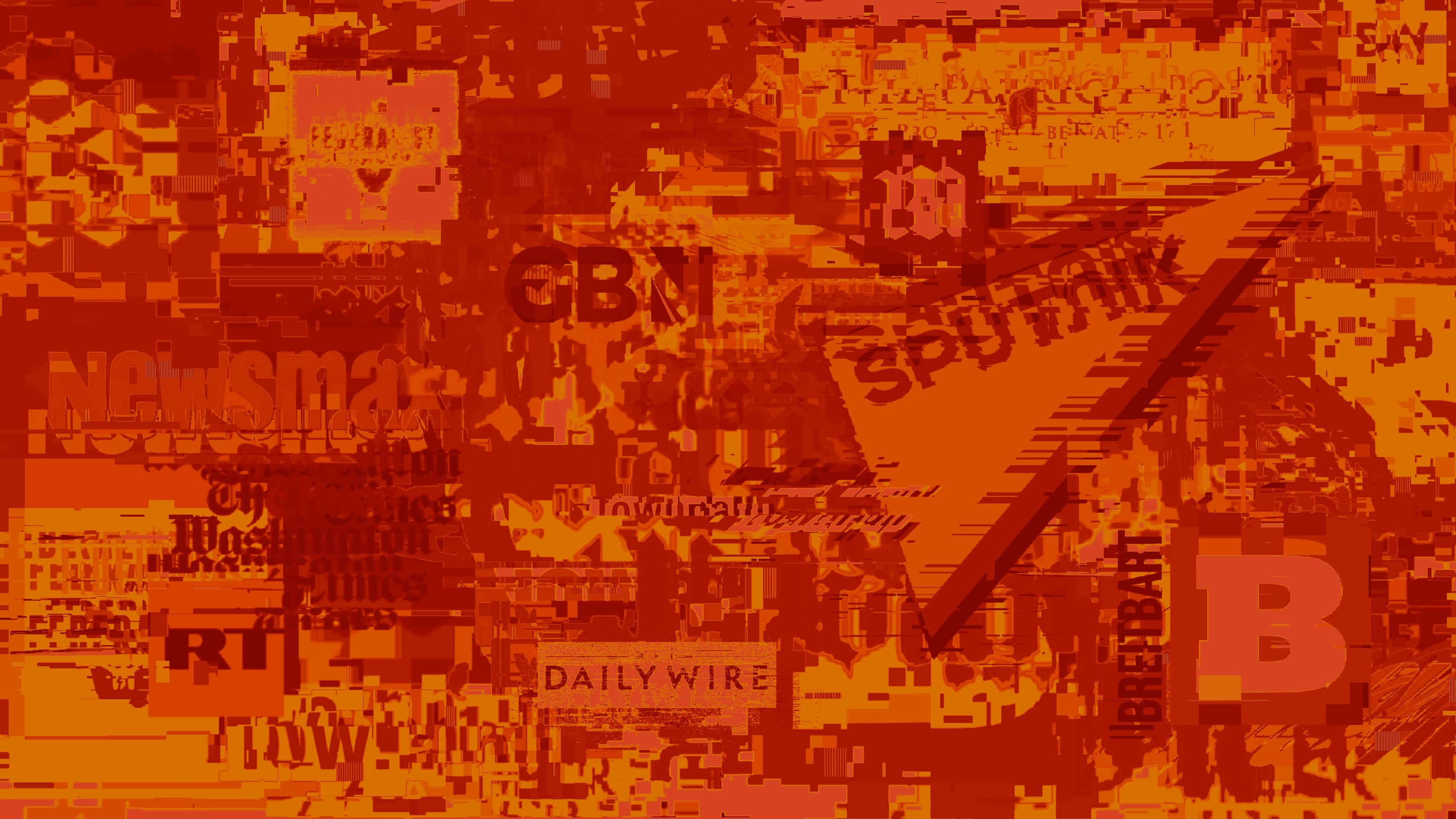
At Bertha we know that many activists and investigative journalists are already doing groundbreaking work to investigate and amplify their work and to connect with each other. The Bertha Challenge aims to support this work by providing time to work exclusively on a focused project, the spaces in which to connect with a diverse global cohort of Bertha Fellows and partners, and the resources to develop and deliver tangible products that speak directly to the Challenge question.
Our Fellowships offer:
- Income for each Bertha Fellow for one year, not exceeding USD $64,900 and commensurate with the applicant’s current or equivalent salary at the host organization – ideally a media outlet for an investigative journalist and an NGO, community organization or social movement for an activist
- A Project Fund of up to USD $10,000 for each Bertha Fellow to produce a culminating product that responds to the question posed by the Bertha Challenge, and that is directed towards a specific audience. This could be a series of articles, videos, podcasts, games or drama productions, for example. Joint activist and journalist applicants will have the option to pool their project funding to produce projects on a larger scale
- Access to a Connect Fund of up to USD $5,000 specifically designed to encourage collaboration between Fellows
- Regular online discussions with topics on a range of issues from current debates around the Bertha Challenge question to methods of investigation, methods of communicating findings through news media, storytelling, popular education and more
- Peer and mentor support in the form of regular virtual check-ins with Bertha staff and a cohort of Bertha Fellows
- Network development through the global cohort of Bertha Fellows and exposure to relevant partners within and beyond the Bertha network
- A global convening of Bertha Fellows at the start of the Bertha Challenge.
The Bertha Challenge will launch in January 2024, with an opening convening scheduled for early in the Fellowship year at one of Bertha's partnered global retreat spaces, where Bertha Fellows will:
- Meet other Fellows in the Bertha Challenge 2024 cohort, spend dedicated time getting to know one another and get the opportunity to introduce individual work and perspectives
- Find opportunities to refine the design of each Fellow’s project work for the year within a supportive framework
- Discuss and frame possibilities for collaboration across the cohort
- Debate current developments and responses to the climate crisis
- Learn from practitioners about innovative ways of reaching target audiences.

.
Applying
.
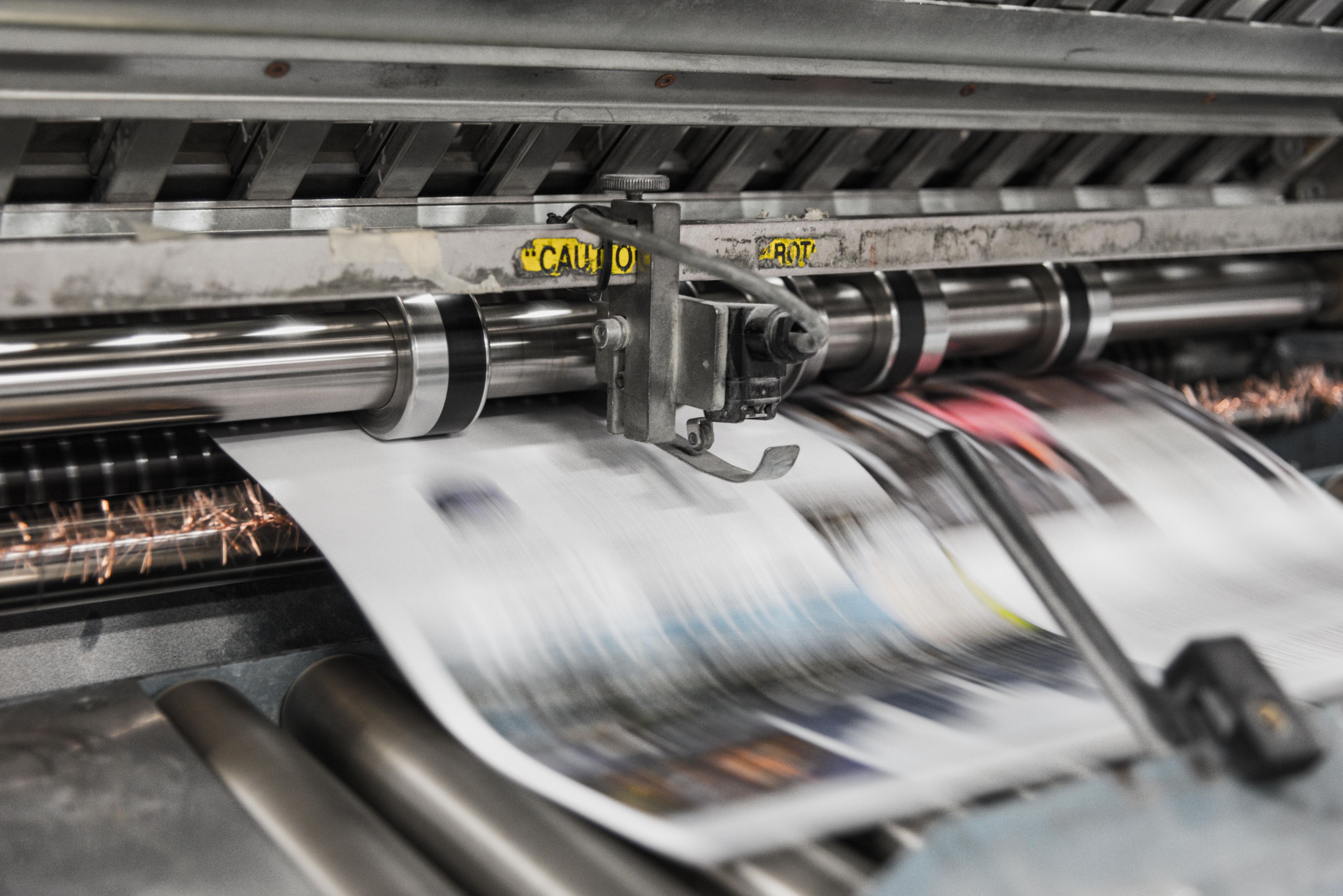
Pairing Activists and Investigative Journalists
Joint applications between activists and investigative journalists will be prioritized. Joint applicants must fill in individual application forms, but make reference to their partner applicant, including where and how their work will overlap and how they will support one another’s projects. Joint applicants have the option to pool each of their USD $10,000 Project Funds to work together on one larger project.
Individual activist and investigative journalist applications will also be considered.
Deliverables
This is a full-time Fellowship. Bertha Fellows will spend their time working in their home countries and be required to:
- Attend an in-person global convening that will take place towards the beginning of the Fellowship
- Develop and deliver a culminating product that responds to the Bertha Challenge question
- Participate in two virtual meetings per month, and occasionally facilitate these meetings
- Develop local and global network relationships.
Bertha Challenge Culminating Project
It is important to find creative and scalable ways to expose and build wider awareness and critical thinking. The centerpiece of this Fellowship program is the work Fellows will produce to communicate their Bertha Challenge findings to a specified audience.
These pieces of work should first and foremost serve an identified target audience. For activists this might be supporters within their network, for investigative journalists it might be readers of their newspaper. We encourage applicants to be specific about the audience they intend to reach, and how they intend to do so.
We want Fellows to learn from each other's work. In addition to delivering the final work to the target audience, all work must be presented to the rest of the cohort. Projects presented must be publicly and freely available, and in English. If translation is needed, this cost can be included in Fellow’s project budgets.
If you are invited to interview, you will be asked to deliver a short presentation on your proposed project.
Application Requirements
All applicants must submit:
- A completed online application form
- A brief resume/CV in English of no more than three pages
- A list of 2-4 referees including name, relationship to applicant and contact details
- A signed Memorandum of Understanding (MoU) from your prospective host organization – including commensurate salary and any benefits provided.
- Examples of previous work.
Host Organizations
Fellowship applicants are required to secure a host organization in their home country to receive and administer the Fellowship award and Project Funds. Host organizations must be legally structured to receive grant funding and be able to process payroll. Host organizations must share a commitment to the Bertha Challenge objectives and conditions, and commit to publishing/ broadcasting Fellows’ work optimally throughout the year.
For an investigative journalist, the host organization should be a media outlet with the capacity to distribute/ publish work delivered by the Fellow. For an activist, the host organization should be an NGO, community organization or social movement.
The Bertha Fellow’s salary must not exceed USD $64,900 and must be commensurate with the current or equivalent salary of the applicant at the host organization. This is to avoid creating disparity at the host organization. If offered a Fellowship, Bertha Foundation may ask the applicant for proof of last income. The host organization will be expected to make arrangements regarding healthcare and other benefits, the cost of which will be allocated from within the Fellowship award. Bertha will make a contribution of 15% of the Fellowship award to the host organization to cover administrative costs. A table is provided within the MoU to assist applicants in calculating the Fellowship award.
Bertha Foundation will not interfere with the editorial autonomy of the host organization during the course of the Bertha Challenge.
Time Commitment
While we understand that applicants will have some existing obligations to the movements and organizations with which they work, this Fellowship will require a full-time commitment. Both the applicant and host organization must commit to this in writing.
Important Considerations
All strategies must be non-violent. Funding may not be used for political lobbying activities. The program does not fund enrollment for degree or non-degree study at academic institutions, including dissertation research. This must be the applicant’s only Fellowship for this period and source of income for the duration of the Fellowship term. Additional paid work has to be cleared with the Bertha team in advance.
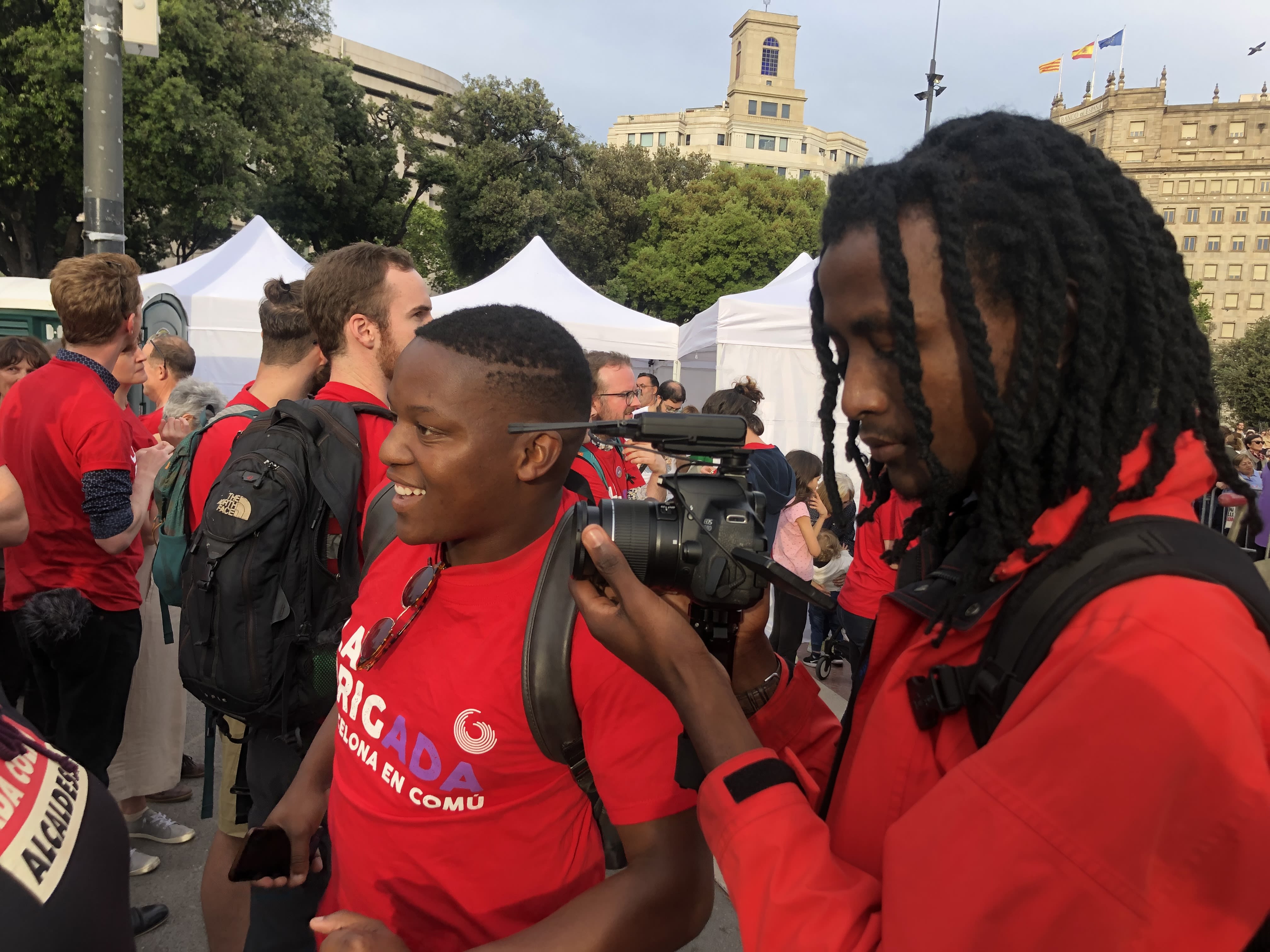
.
Selection criteria
.
.
Bertha endeavors to select an inclusive and representative cohort of Bertha Fellows that celebrates diversity.
Bertha Fellows will be selected on individual merit but also on their complementary skills to the cohort, their existing and/or proposed networks and prospects for the long-term impact of their work.
Applicants may come from and work in any country, but to ensure that this cohort of Bertha Fellows is able to be fully participatory, we require all applicants to be proficient in spoken and written English and able to deliver their final work in English.
ACTIVIST CRITERIA
- At least five years' experience working with activists, social movements, grassroots and community organizations, social justice organizations or campaigns
- Strong connections to a diverse range of relevant groups in the Fellow’s city, country or region, including with social movements, community organizations, NGOs, academics, journalists, progressive government officials etc.
- Experience developing organizing tools or popular educational products and materials, for example training courses, publications, pamphlets, films, podcasts, arts, theater productions, etc.
- Experience using research, media and the law in advocacy
- Affiliation to an appropriate host organization to amplify work produced during the Bertha Challenge.
INVESTIGATIVE JOURNALIST CRITERIA
- Mid-career journalists with at least five years' experience, a track record and passion for doing investigative journalism
- Strong interest and experience in producing work on the Bertha Challenge question and a proven ability to work with affected communities, social movements, community organizations, NGO’s, academics, scientists etc.
- Investigative journalism and research ability, a comprehensive understanding of the political landscape concerning the subject matter, an understanding of the law(s) and political structures determining policy direction and power
- An ability to work independently
- Affiliation to an appropriate host media organization that will publish/broadcast work produced during the Bertha Challenge.
PDF copies of the application forms can be viewed below. The PDFs are for reference only. Please use the links above to submit your application.
View the journalist application form as a PDF here. View the activists application form as a PDF here.
If you have questions about the application process, please have a look at the FAQs page. For any further enquiries, email berthachallenge@berthafoundation.org.
.
Why activists and investigative journalists?
.

The Bertha Challenge recognizes that investigative journalists and activists have distinct roles. This Fellowship will offer the opportunity to engage with the complexity of the Bertha Challenge question while strengthening relationships through shared work. Bertha Challenge Fellows will be expected to explore new ways of working collaboratively and outside their traditional silos while maintaining their integrity and autonomy.
Investigating and amplifying stories that expose injustice is increasingly achieved by work that cuts across organizations and professions. The scale and complexity of large investigative stories are often too intricate for one investigative journalist or activist, or even one newsroom or social justice movement, to handle alone. The Bertha Challenge provides space for a cohort of mid-career leaders in their fields to develop professionally while creating compelling work on the subject matter. It also aims to fuel debate and solidify networks that will last beyond the one-year project cycle.
About Bertha Foundation
Bertha Foundation supports activists, storytellers and lawyers who work to bring about social and economic justice and human rights for all.
This program focuses on combining activists and investigative journalists working together.
The Bertha Challenge creates opportunities for activists and investigative journalists to amplify and accelerate their work in support of climate justice. Fellows are integral to the Bertha network and the selected activists and investigative journalists will act as bridges across regions to strengthen and embolden this important work.
Contact Us
Email berthachallenge@berthafoundation.org with any queries
www.berthafoundation.org





 Built with Shorthand
Built with Shorthand